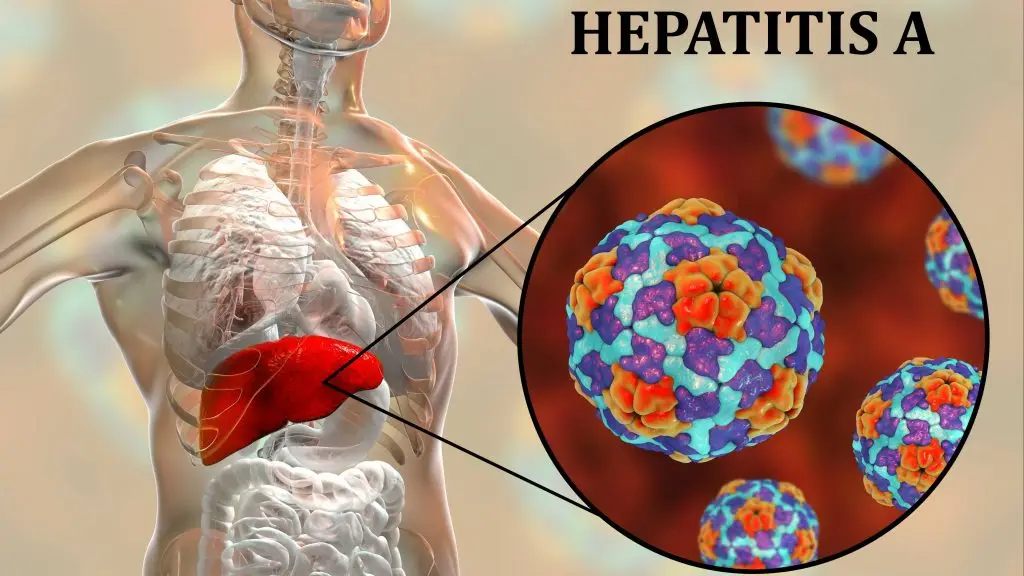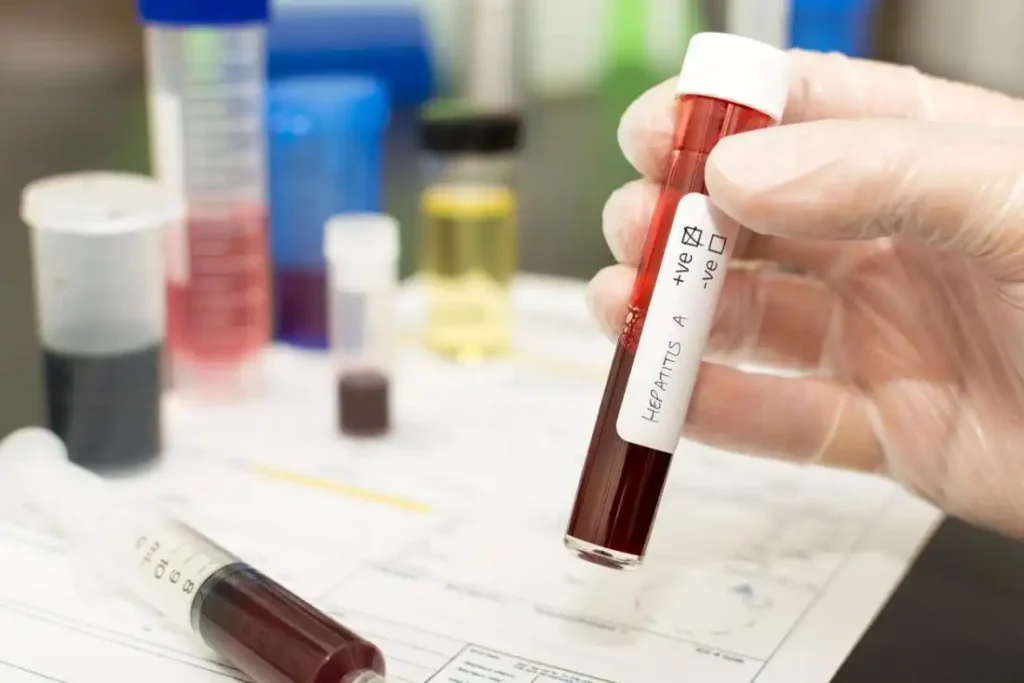Viral Hepatitis : Health experts and people of Delhi are both concerned about the considerable increase in Hepatitis A cases that the city is now seeing. Know essential health tips to prevent this viral infection.
Delhi is currently experiencing a significant surge in Hepatitis A cases, raising concerns among health officials and residents alike. Hepatitis A is a liver infection caused by the Hepatitis A virus, which can be spread through consuming contaminated food or water, poor hygiene, inadequate sanitation, or direct contact with someone infected. Over the last two months, there has been a noticeable increase in instances, which has worried medical specialists.

Experts claim that inflammation of the liver brought on by hepatitis can have far-reaching effects, possibly affecting the kidneys, brain, and brain cells. “Hepatitis does not usually cause brain damage, although among individuals with severe or chronic liver disease, neurological consequences are quite common. Viral Hepatitis : Health experts and people of Delhi are both concerned about the considerable increase in Hepatitis A cases that the city is now seeing. Know essential health tips to prevent this viral infection. This disorder develops when the liver is unable to remove toxins from the blood, which causes the toxins to build up and eventually cause damage to brain tissue. Viral Hepatitis From minor cognitive impairments to severe neurological deficits, symptoms might vary, according to Dr. Anaita Hegde, Senior Consultant in Paediatric Neurology at Narayana Health SRCC Children’s Hospital, who spoke with IANS.
Advertisement: 0:13 Close Player
It’s critical to comprehend the causes, symptoms, and potential remedies for this viral infection as the quantity of impacted individuals climbs.
Causes of Hepatitis A
The Hepatitis A virus (HAV) is the cause of the extremely contagious liver ailment known as hepatitis A. The main ways that it spreads are through tainted food and water. Typical infection origins consist of:

- Water Contamination: Consuming or drinking water contaminated by virus-carrying human excrement.
- Food: Eating seafood that has been undercooked or uncooked from polluted seas, or consuming food that has been handled by an infected individual without following adequate hygiene precautions.
- Close Contact: Having close personal contact with an infected person, such as caring for someone who is ill or living in the same household.
Symptoms of Hepatitis A
The symptoms of Hepatitis A can range from mild to severe and usually appear within 2 to 7 weeks after exposure to the virus. Common symptoms include:

- Fatigue: Feeling unusually tired and weak.
- Nausea and Vomiting: Experiencing frequent nausea and occasional vomiting.
- Abdominal Pain: Discomfort or pain in the upper right side of the abdomen.
- Loss of Appetite: A marked decrease in appetite.
- Fever: A mild fever that accompanies other symptoms.
- Jaundice: Yellowing of the skin and eyes, along with dark urine and pale stools.
- Joint Pain: Aching in the joints.
These symptoms can last for several weeks to months, but most people recover completely without lasting liver damage.
Treatment for Hepatitis A
There is no specific treatment for Hepatitis A, as it is a self-limiting disease, meaning it typically resolves on its own. However, supportive care can help manage symptoms and ensure a smoother recovery. Recommended treatment approaches include:

- Rest: Getting plenty of rest to help the body fight off the infection.
- Hydration: Drinking fluids to stay hydrated, especially if experiencing vomiting or diarrhea.
- Balanced Diet: Eating small, nutritious meals that are easy to digest.
- Avoiding Alcohol: Abstaining from alcohol, as it can further harm the liver.
- Medications: Using over-the-counter pain relievers and fever reducers, such as acetaminophen or ibuprofen, to alleviate symptoms.
Preventive Measures for Hepatitis A
Preventing the spread of Hepatitis A involves maintaining good hygiene and being cautious about food and water consumption. Key preventive measures include:

- Vaccination: Receiving the extremely efficient vaccine against hepatitis A to avoid infection.
- Hand Washing: Always wash your hands well with soap and water, especially before you eat and after using the restroom.
- Safe Food Practises: Ensuring food is cooked properly and avoiding raw or undercooked shellfish.
- Safe Water: Using boiled or bottled water, particularly in unsanitary locations.
As Delhi faces this surge in Hepatitis A cases, residents need to stay informed, practice good hygiene, and seek medical attention if symptoms arise. Public health officials are still keeping an eye on things and trying to stop the infection from spreading.
Read also : France travel distribution : Travel interruption in France anticipated to continue all weekend











